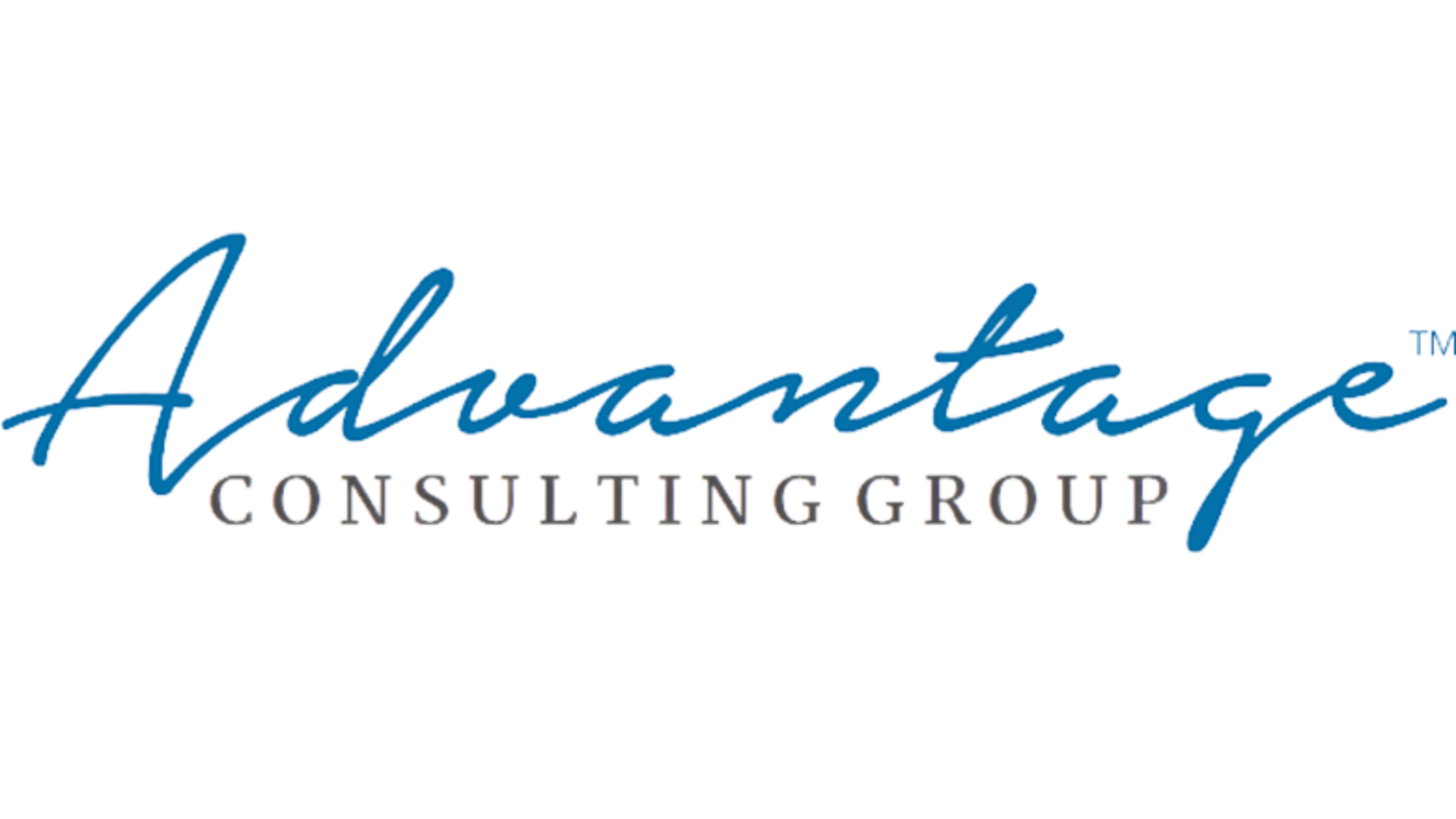Artificial intelligence (AI) can deliver tremendous business value, if deployed wisely. Here’s how to target your AI efforts to get the best return on your investment.
Artificial intelligence is no longer a thing of the future – it’s here, and it’s being used by businesses worldwide to increase efficiency, save costs, and improve customer service. However, many people are still worried about AI's impact on jobs and the economy.
AI technologies are significant contributors to digital transformation, with spending on AI software, hardware and services forecast to increase by nearly 20 percent in 2022. Organizations are using machine learning (ML), natural language processing (NLP) and predictive analytics to boost productivity and lower costs.
We’re going to dispel some of the myths about AI and show you why it is good for business. We’ll also look at how businesses can use AI to their advantage and how it is used in different industries.
If you’re still not convinced about the benefits of AI, then read on!
Increased Productivity
One of the biggest benefits of AI is that it can help to increase productivity in several ways. For starters, it can automate repetitive and time-consuming tasks, such as data entry. This frees employees to focus on more important tasks and reduces the likelihood of human error. AI can also help employees to work more efficiently by providing them with real-time data and analytics.
AI-powered automation can benefit the four major task-based components of running a modern business:
Customer Support
Marketing
Finance
Administration
For example, if a salesperson knows that a certain type of customer is more likely to convert, they can focus their efforts on those customers. This data-driven decision-making can lead to increased sales and higher conversion rates.
Finally, AI can be used to develop new products and services. For example, businesses can use AI to create personalized customer recommendations. This not only improves the customer experience, but it can also lead to increased sales.
Improved Decision-Making
Another benefit of AI is that it can help businesses to make better decisions. This is because AI systems can process large amounts of data quickly and accurately. This means that they can identify patterns and trends that humans might miss. AI can also help businesses to make decisions in difficult situations.
Companies can also use AI models to develop a standardized framework for evaluating their ESG (environmental, social and governance) impact over time. This application of AI could prove extremely valuable in the near future, with ESG assets on track to represent around a third of all global assets by 2025.
For example, if a company faces a recall, AI can predict the financial impact of different courses of action. This information can then be used to make the best decision for the business.
Greater Insight into Customer Behavior
AI can also help businesses to understand their customers better. This is because AI systems can collect and analyze data about customer behavior. This data can be used to understand what customers want and need, and it can also be used to identify patterns in customer behavior. This information can then be used to improve the customer experience.
For example, suppose a business knows that a certain type of customer is more likely to buy a certain product. In that case, they can make sure that this product is prominently displayed when that customer is browsing their website.
Although AI can deliver many benefits to businesses, it must be used thoughtfully and strategically. Organizations often experiment with AI solutions but don’t fully integrate them into their operations. Consequently, they wind up spending a lot of money with little to show for it.
As you can see, there are many reasons why AI is good for business. AI can help businesses to increase productivity, make better decisions, and understand their customers better. So, if you’re not already using AI in your business, now is the time to start!
Companies must be equipped to support workers as they move into new roles — setting clear goals and establishing clearly defined pathways for transition. Get in touch with one of our recruiters today.

